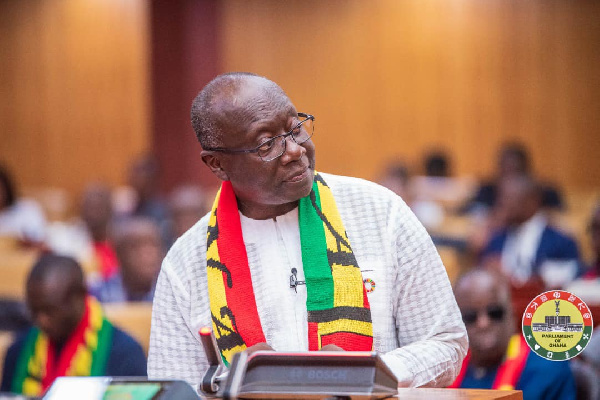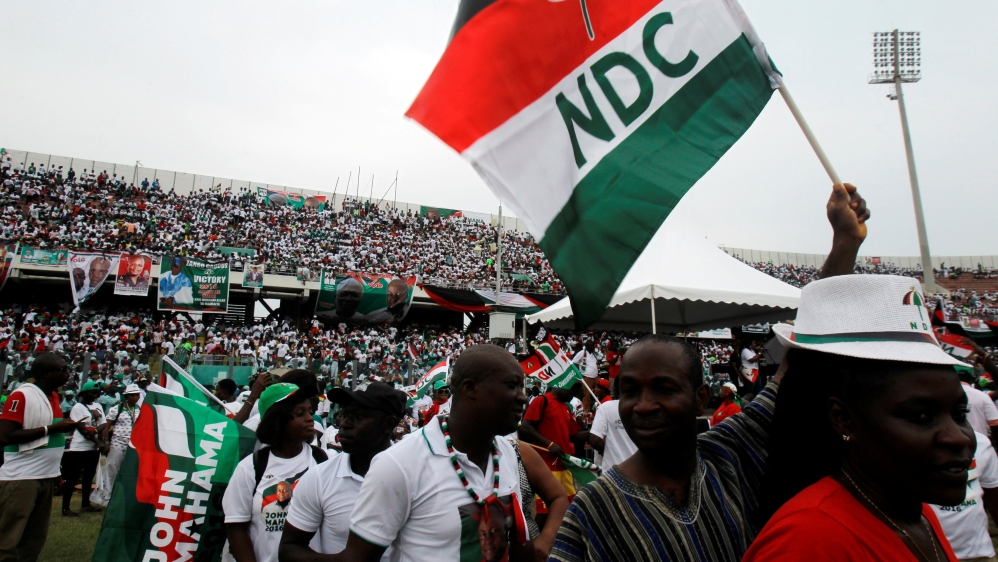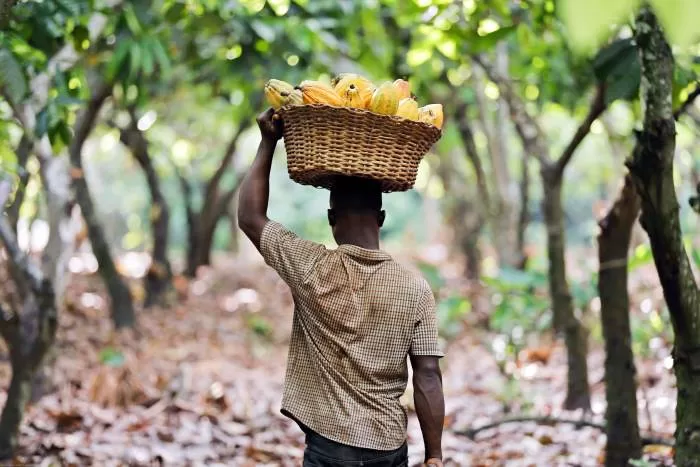The Government of Ghana cannot use the same tactic it used for domestic bondholders to get them to agree to its terms in the debt restructuring, for the external creditors as it is seeking a release of the second tranche of the $3 billion cash from the International Monetary Fund (IMF), the dean of the University of Cape Coast Business School, Professor John Gatsi has said.
Ghana missed out on the November 1 timeline set in the IMF programme for the second tranche of the $3 billion bailout facility. The country is currently discussing with its external creditors for debt relief worth $10.5 billion.
The Finance Minister earlier submitted proposals to its commercial creditors seeking a haircut of up to 40% and additional debt rework with its bilateral creditors including China and the Paris Club.
Speaking on the Ghana Tonight show on TV3 Thursday November 9, Prof Gatsi said “The delay is occasioned by the inability of the government of Ghana and the creditors to agree on what is required of them.
“The Government of Ghana is pleading with the creditors to accept the certain elongation of maturity of the debts and some cuts, about 30 to 40 percent on the interest or the coupons that they expect.
“That is where the disagreement is coming from. As things are it seems part of the creditors such as bilateral and multilateral are sort of very soft but it was also indicated that some creditors are excused from the debt exchange programs they will not be affected.
“It is very difficult for commercial creditors to see a chunk of the interest wiped away, I believe that is where the disagreement is and they have not come to terms with it yet. That is why we couldn’t meet the target.”
Prof Gatsi added “If the terms proposed by the government are acceptable to the creditors then that would have been a done-deal but since there are no common grounds they need to negotiate their way through.
“The creditors see that you have attracted them with a certain level of environment, they agreed to give their money, they expect us to pay, we have been paying then all of a sudden we have stopped paying. We need to explain to them for them to be convinced whether what we are asking for should be given or not. The government of Ghana has not been able to convince them.
“One thing we need to bear in mind is that external credit agreement on debt restructuring is not the same as debt restructuring in the domestic setting where the government can use all kinds of tactics and strategies to get the investor stakeholders to agree to the position of the government, that is not the same. If you do that, you will crash.”
Ghana received the first tranche of $600million in May this year.
The cash, according to the Ministry, was to help restore macroeconomic stability, sustain the country’s debts and lay a strong foundation for inclusive growth.
“The first tranche of $600million of Ghana’s low interest of $3billion Extended Credit Facility has been received to help restore macroeconomic stability, sustain the country’s debts and lay a strong foundation for inclusive growth,” the Ministry tweeted on Saturday, May 20.


















